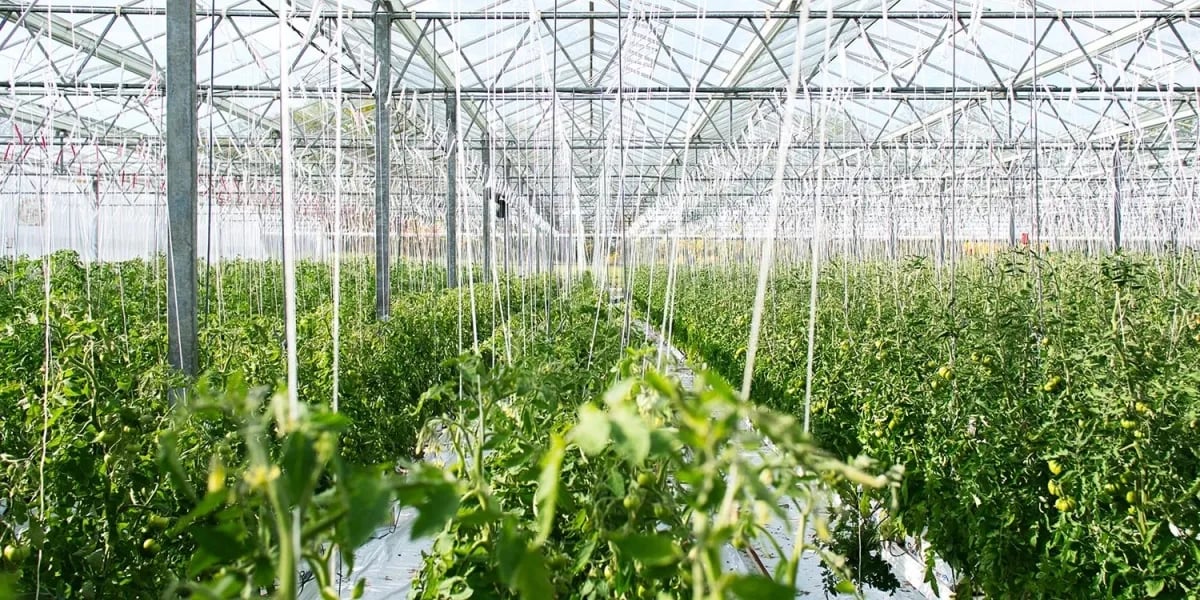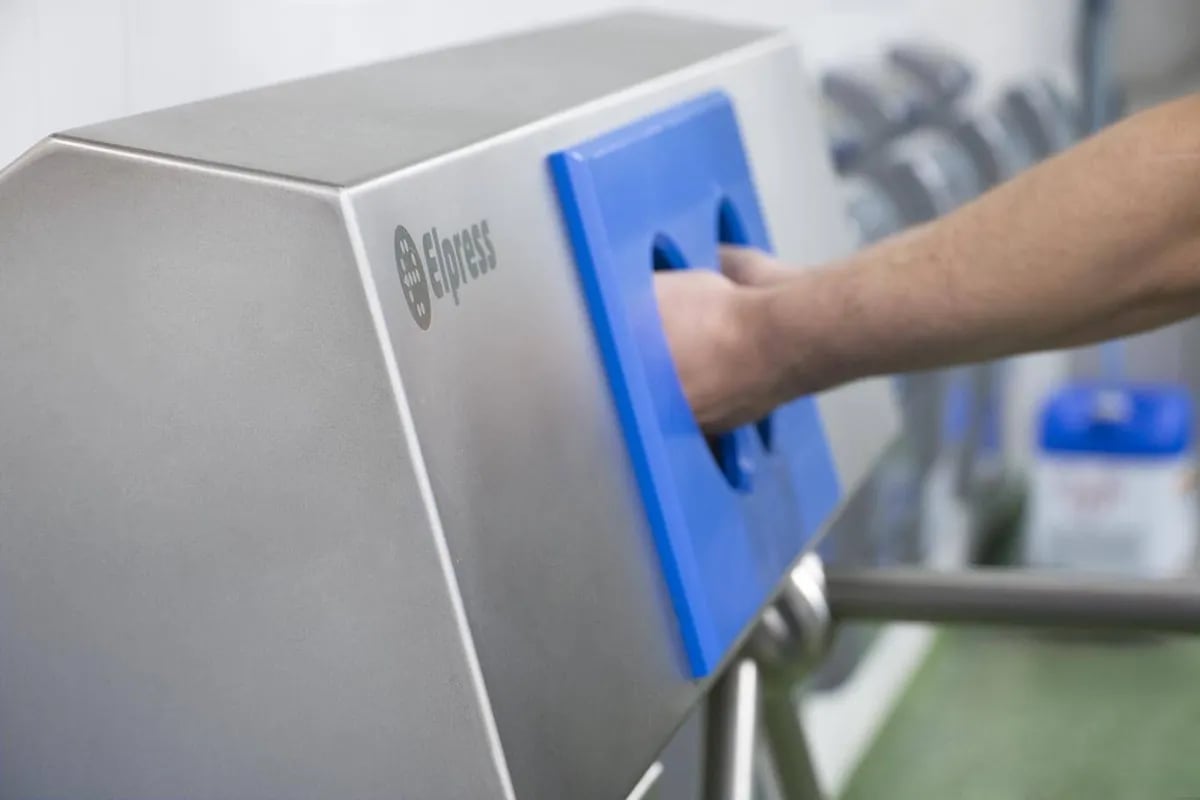
Greenhouse horticulture accounts for a significant share of the Dutch food industry. Cucumber and tomato growers are a well-known example. But within the greenhouse horticulture sector you will also find non-food growers such as roses and plant growers. Hygiene is crucial for both. Legally, these risks are controlled as much as possible by HACCP analyses, hygiene codes and/or overarching quality certificates. For a rose grower, the risk of spreading diseases is a reason to maintain a high level of hygiene.
View our productsIn every sector of the food industry, personal hygiene is an important component. In addition, greenhouse horticulture is increasingly faced with the danger of bacteria, viruses and fungi that can cause disease in crops. Having a disease in the greenhouse has major commercial and therefore financial consequences. Fighting a disease in the greenhouse involves high costs. In most cases it is not even possible to fight a disease successfully. This means the end of your cultivation and is obviously disastrous for you as an business owner.
However, hygiene protocols and hygiene locks are realistic solutions that actively contribute to the personal hygiene of employees.
Would you like to know more about quality systems and products that guarantee personal hygiene in your organisation? Then take a look at our white papers.
View whitepapers
Hygiene in greenhouse horticulture has been an important topic of discussion for many years. In addition, the trend of using as little crop protection as possible is continuing. The importance of hygiene is therefore becoming increasingly important. Protocols and training are of crucial importance here. Employees need to be aware of the risks and it is essential that they are given the means and working method to maintain the level of hygiene.
With over 40 years of experience, Elpress has built up the necessary experience in greenhouse horticulture. For every project, large or small, we increase our experience and share it to answer new hygiene issues.
Are you preparing to obtain a quality system such as Global GAP? Most international quality systems have additional hygiene requirements compared to the standard HACCP risk analysis. Would you like advice on selecting the right hygiene equipment to prepare for a quality system? Then download the handy check list:
Whitepaper Personal hygiene